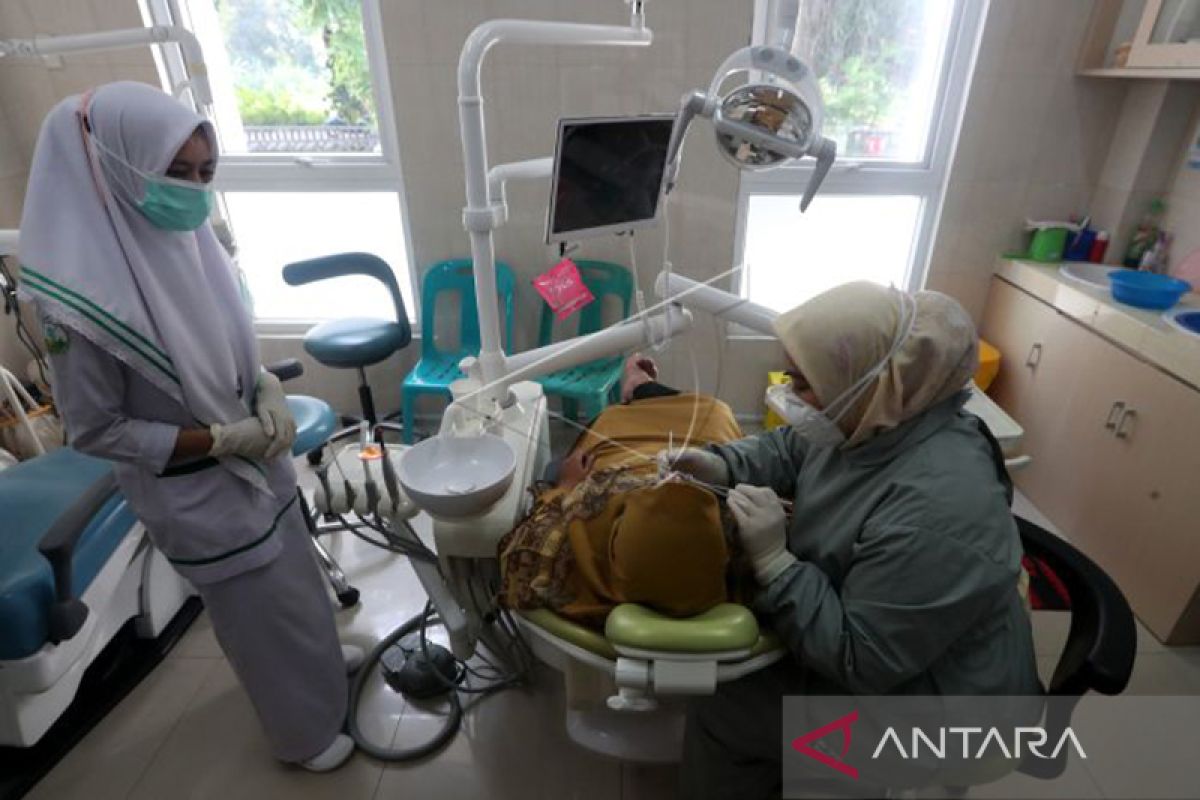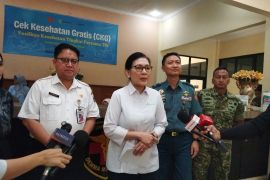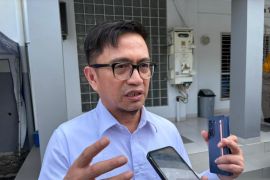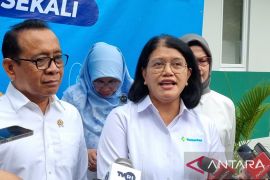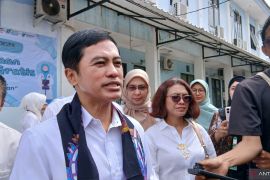“The shortage of specialists is one of the current challenges we are facing,” said Ana Kurniati, the ministry's Director of Health Worker Empowerment, in Jakarta on Wednesday.
She highlighted that the Health Bill, currently being proposed by the ministry, includes the fifth pillar of the Health Transformation, which focuses on the equitable distribution of quality health human resources.
Kurniati explained that the government is introducing specialist doctors in hospitals and a college-based specialist program as key elements of the Health Bill.
The education process for hospital-based specialists takes place at hospital facilities based on the required number and types of specialist doctors in specific areas.
The program begins by assessing the needs of each district and city through collaboration with local health services to determine the actual demand for specialists.
This process also involves evaluating the current availability of hospitals in different regions, considering factors such as appropriateness, accreditation, and infrastructure.
Furthermore, the ministry analyzes the demography and epidemiology of the regions to accurately project national demand planning. Once the national plan is ready, recruitment will be conducted based on the stated needs.
Recruitment will be carried out by a joint committee involving the Ministry of Health and the Ministry of Education, Culture, Research, and Technology, as well as colleges and hospitals as supervisory entities.
The education program will be conducted at the main organizing hospital, as well as district and city hospitals, involving the hospitals in the students' hometowns. The aim is for participants in the program to become permanent employees of hospitals in need, as per the initial recruitment.
Kurniati emphasized that the education program will have an initial stage at the main hospital, followed by clinical education at the main and network hospitals, and apprenticeships at the regional or equivalent hospitals of origin.
Participants will undergo various tests, including local academic competency evaluation, local professional evaluation, and national integrated evaluation. Upon graduation, the government will assist them in becoming state civil servants in their respective regional hospitals of origin.
She added that the implementation of hospital-based specialist education is part of the government's strategy to address the shortage of specialist doctors in Indonesia without eliminating university-based education.
Disparities in the availability of specialist doctors persist in all regions of Indonesia, she noted.
Currently, Indonesia has 51,949 specialist doctors, which falls short by 30,000 specialists when compared to the target ratio of 0.28 per one thousand population. Moreover, 59 percent of medical specialists are concentrated in Java.
Despite having 92 medical faculties and 21 specialist medical education programs, Indonesia still requires a decade to produce 30,000 graduates, Kurniati mentioned.
She emphasized that the number of specialist doctors graduating per year in Indonesia is only around 2,700.
Related news: Omicron EU.1.1 not classified as threatening variant: Ministry
Related news: Health Bill contains mechanism for handling outbreaks: Ministry
Translator: Andi Firdaus, Resinta S
Editor: Anton Santoso
Copyright © ANTARA 2023
